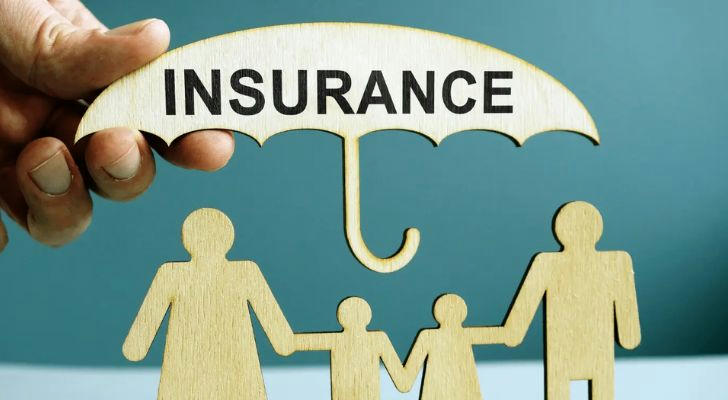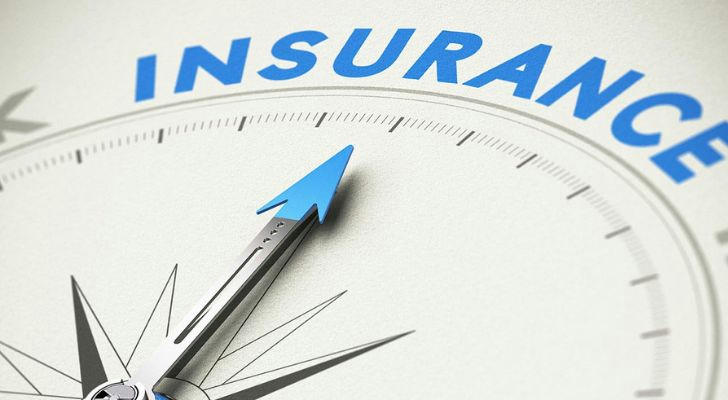10 Common Insurance Myths You Should Stop Believing
Insurance is an essential part of protecting yourself financially, yet misconceptions about it often lead to confusion or poor decisions. With so much misinformation out there, it's important to separate fact from fiction. In this article, we’ll debunk 10 common insurance myths that you should stop believing, so you can make more informed choices about your coverage

1. Myth: “I don’t need insurance because I’m young and healthy”
Many people think that being young and healthy exempts them from needing insurance, but that’s far from true. Life is unpredictable—accidents, illnesses, and emergencies can happen to anyone at any time. Health insurance, in particular, can protect you from hefty medical bills, while life and disability insurance provide financial protection for your family or dependents in case something unexpected happens to you.
2. Myth: “All insurance policies are the same”
This myth could cost you. Different insurance policies come with varying levels of coverage, exclusions, and premiums. For example, some health insurance plans may cover specific treatments, while others don’t. Home and auto insurance policies often have differing levels of liability protection, deductibles, and coverage limits. Always read the fine print and compare policies to ensure you get the right coverage for your needs.
3. Myth: “The cheapest policy is the best option”
It’s tempting to go for the lowest premium, but this approach can backfire. Lower-cost policies often come with higher deductibles, limited coverage, or more exclusions. You may save money in the short term, but if you need to file a claim, you could end up paying much more out of pocket. Instead of focusing solely on price, balance cost with the coverage you actually need.
4. Myth: “I don’t need life insurance because I don’t have dependents”
Even if you don’t have children or a spouse, life insurance can still be a smart investment. It can help cover funeral expenses, pay off any debts you leave behind, and provide financial support for your family members or chosen beneficiaries. Additionally, purchasing life insurance when you're young and healthy can lock in lower premiums for the future.
5. Myth: “Home insurance covers everything in my home”
While homeowners insurance covers a wide range of incidents, it doesn’t necessarily cover everything. For instance, most policies exclude damages caused by floods, earthquakes, or sewer backups unless you purchase additional coverage. It’s important to review your policy carefully and consider adding extra protection for natural disasters or high-value items like jewelry or electronics.
6. Myth: “Red cars cost more to insure”
Many people believe that owning a red car will lead to higher insurance premiums, but color doesn’t actually impact insurance costs. What really matters is the make, model, age, and safety features of the vehicle. Insurers also consider your driving history, location, and how often you use the car when calculating premiums—not the color.
7. Myth: “Insurance covers all types of water damage”
Water damage is one of the most common reasons for home insurance claims, but not all types are covered. For instance, damage caused by a burst pipe may be covered, but gradual issues like mold or wear and tear are usually excluded. Similarly, flood damage often requires separate flood insurance. To avoid surprises, make sure you understand what’s covered under your policy and add any necessary endorsements.
8. Myth: “Renters don’t need insurance”
If you rent your home, you might think your landlord’s insurance will cover you in case of a disaster, but that’s not true. While the building itself is insured, your personal belongings are not. Renters insurance is affordable and covers your possessions in case of fire, theft, or other incidents. It can also provide liability coverage if someone is injured in your rental space.
9. Myth: “I don’t need disability insurance because I have health insurance”

Health insurance covers medical costs, but it doesn’t replace your income if you become unable to work due to injury or illness. Disability insurance is designed to provide income replacement during such times, helping you stay financially secure while you recover. Without it, a serious illness or injury could leave you struggling to cover everyday expenses.
10. Myth: “It’s better to file a claim for everything”
While it might seem logical to file a claim for every incident, it’s not always the best idea. Filing frequent claims can lead to higher premiums or even policy cancellations. For smaller incidents or repairs, consider paying out of pocket to avoid increasing your rates. Save insurance claims for more significant or catastrophic losses.
How to Ensure You Have the Right Coverage
Now that we’ve busted these common myths, it’s time to take action and review your own insurance policies. Make sure you fully understand your coverage, and don’t hesitate to ask questions or seek professional advice if needed. Whether it’s health, home, auto, or life insurance, having the right coverage can save you money and give you peace of mind in the long run.
Don’t let myths cloud your judgment—make informed decisions about your insurance today• Explore different options, compare policies, and choose the coverage that best fits your needs.
